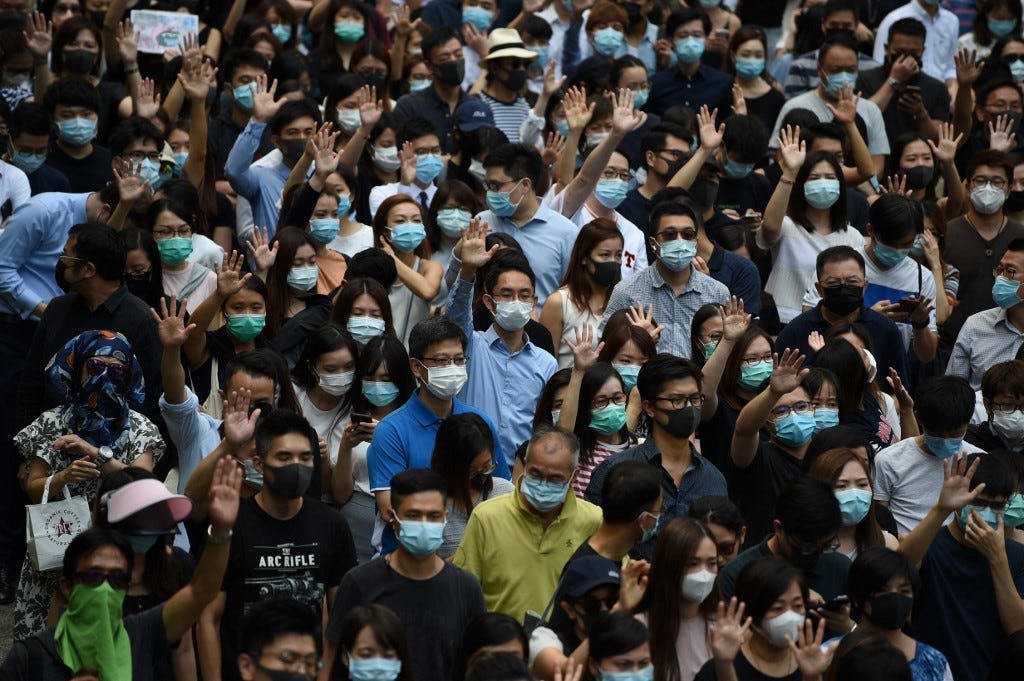Chairman Xi Sends Apparatchiks to Tame Hong Kong
Party functionaries likely to continue Beijing’s mistakes

With media channels preoccupied with the Novel Coronavirus epidemic and the Hong Kong government’s mishandling of it, China’s leader Xi Jinping has sent Luo Huining, 65, to take charge of the Central Liaison Office in Hong Kong in January, while Xia Baolong, 67, has taken the Hong Kong & Macau Affairs Office (HKMAO), in February.
Both ex-provincial chie…
Keep reading with a 7-day free trial
Subscribe to Asia Sentinel to keep reading this post and get 7 days of free access to the full post archives.
